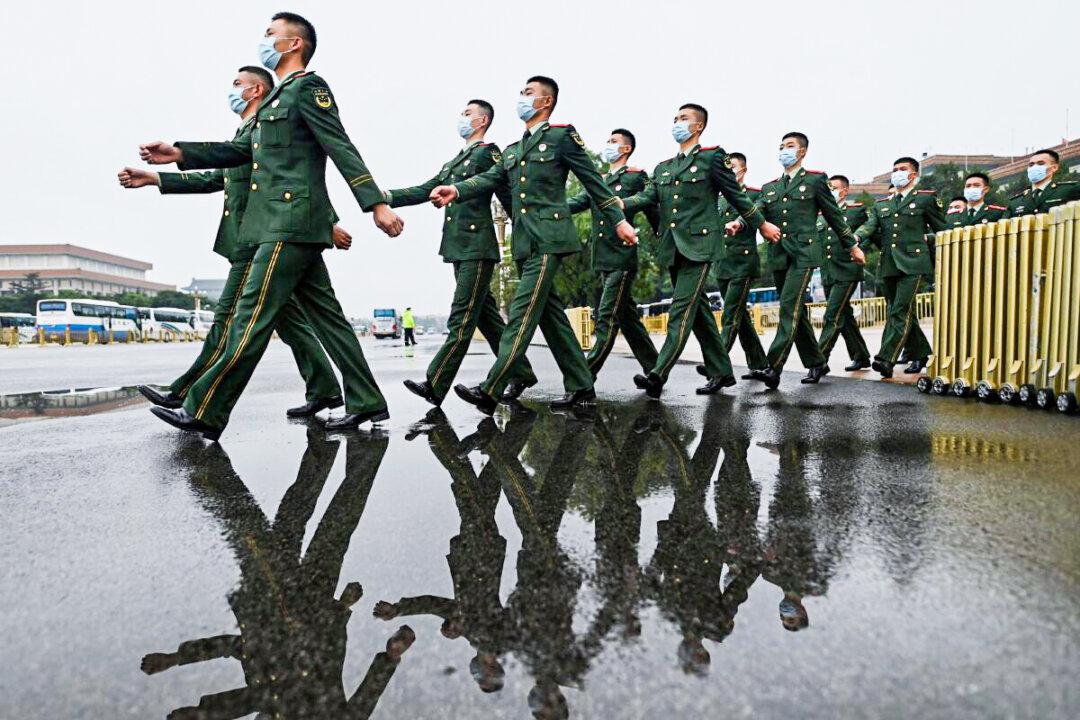Commentary
Warfare is about imposing one’s will on another or resisting the imposition of another’s will. So warfare has always been decided primarily in military “information dominance,” which specialists call “the cognitive domain.”

Warfare is about imposing one’s will on another or resisting the imposition of another’s will. So warfare has always been decided primarily in military “information dominance,” which specialists call “the cognitive domain.”